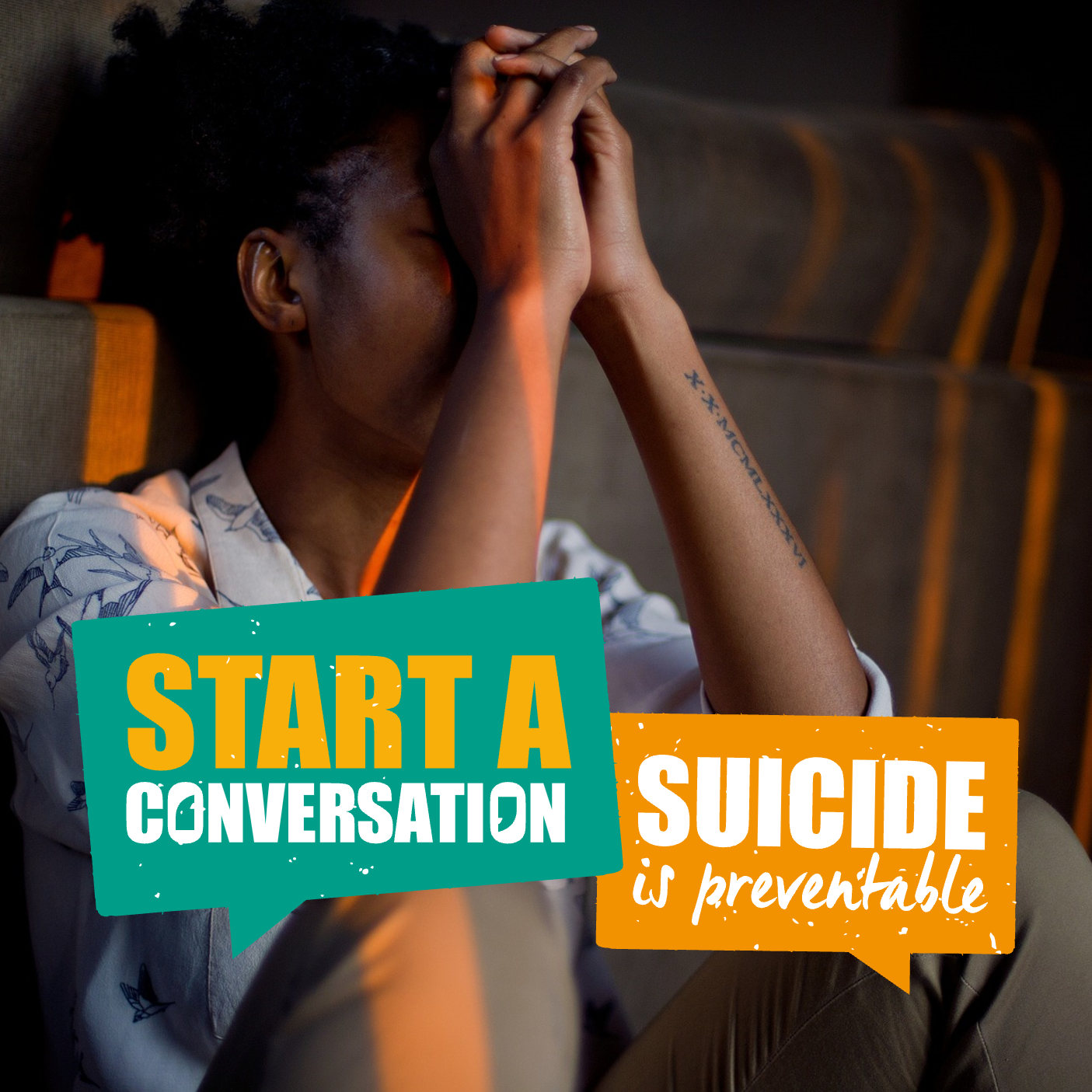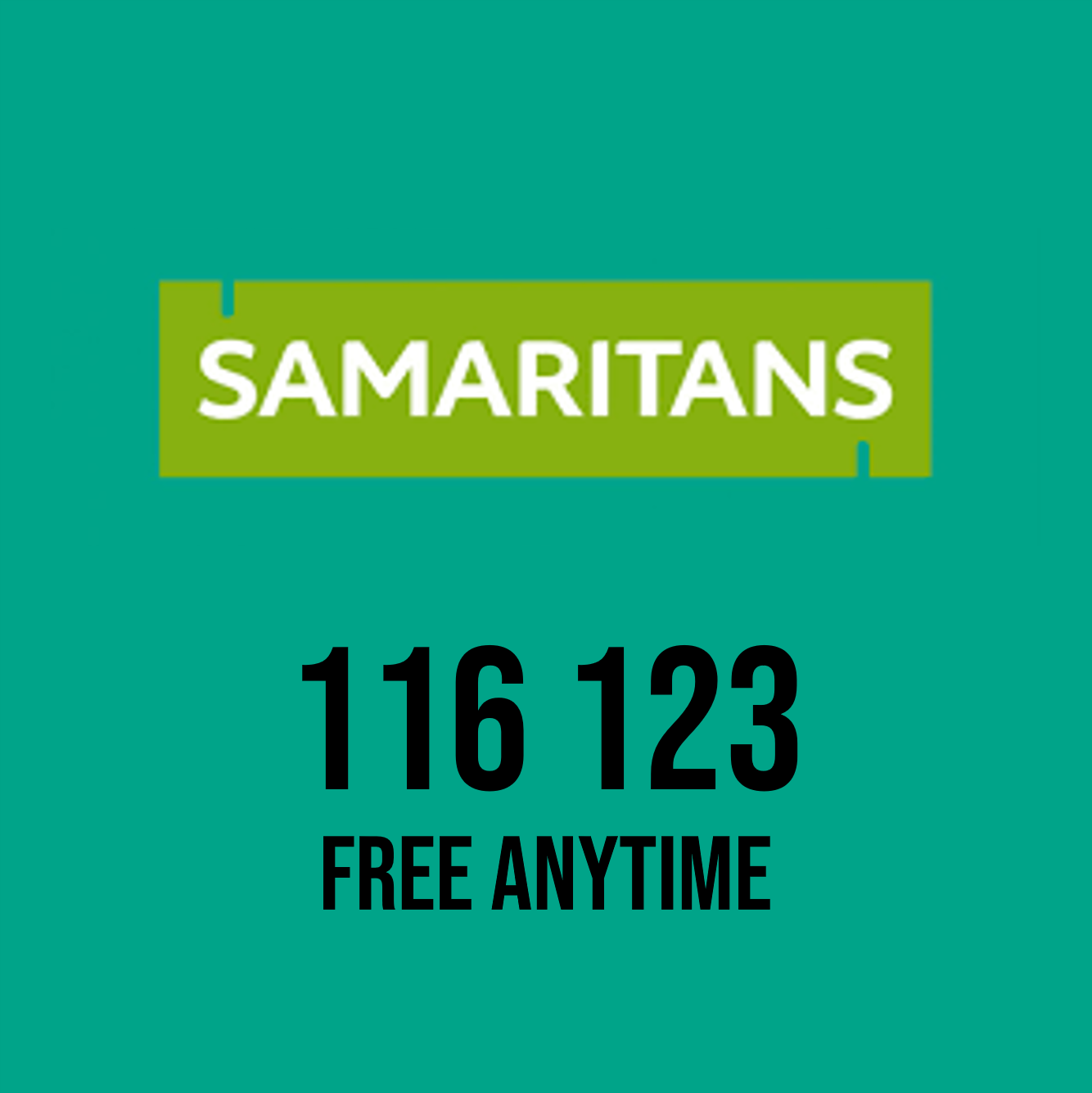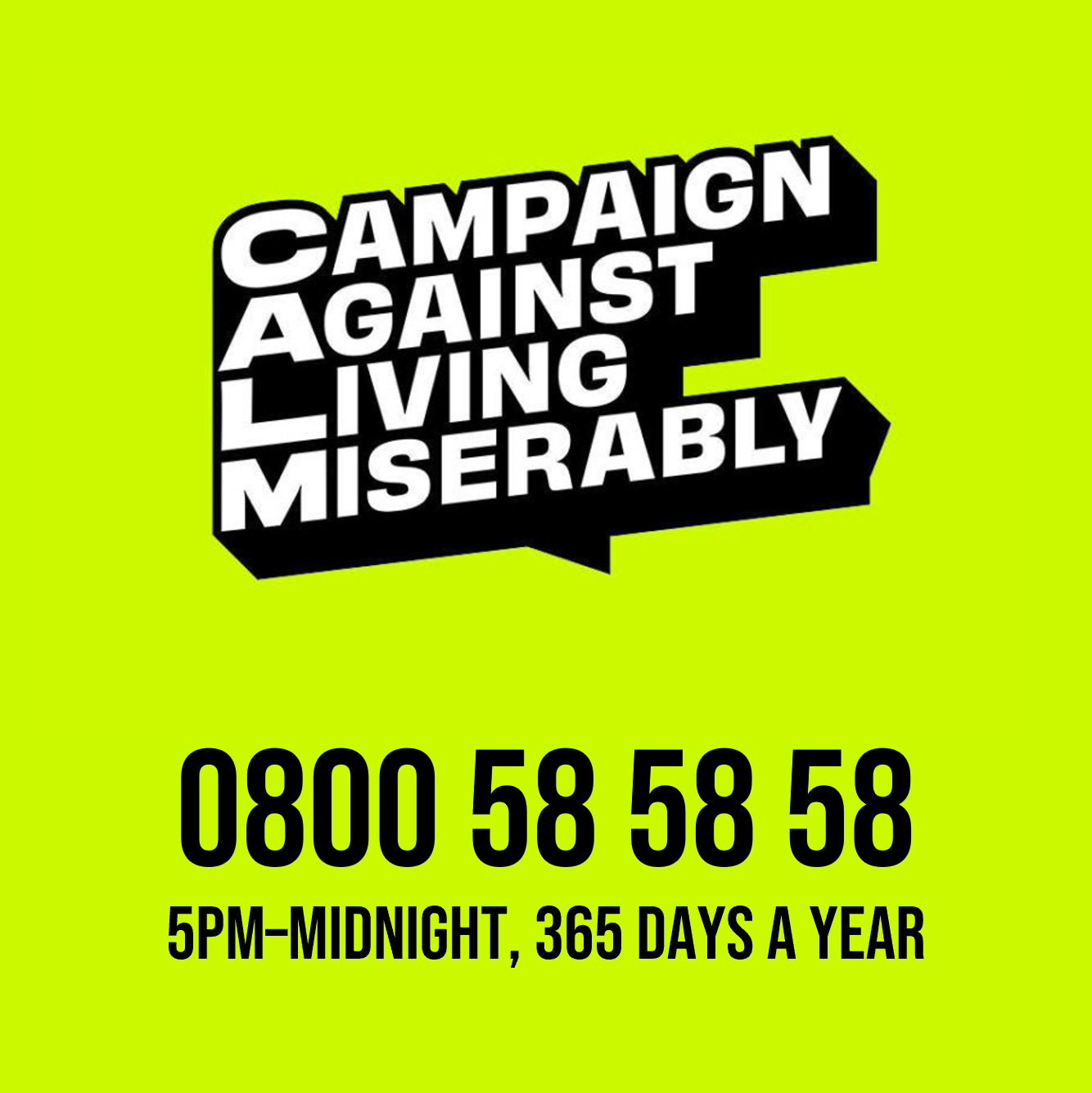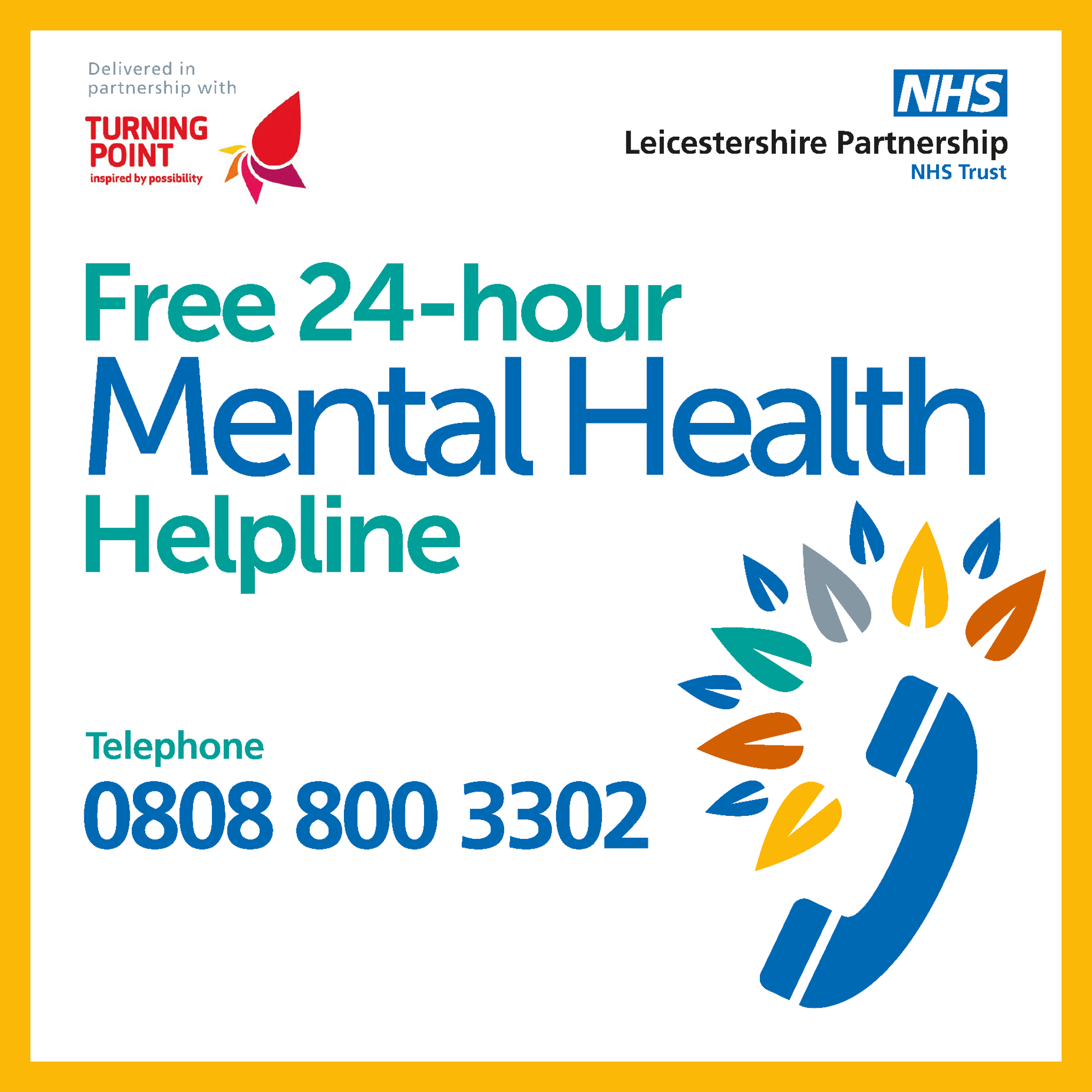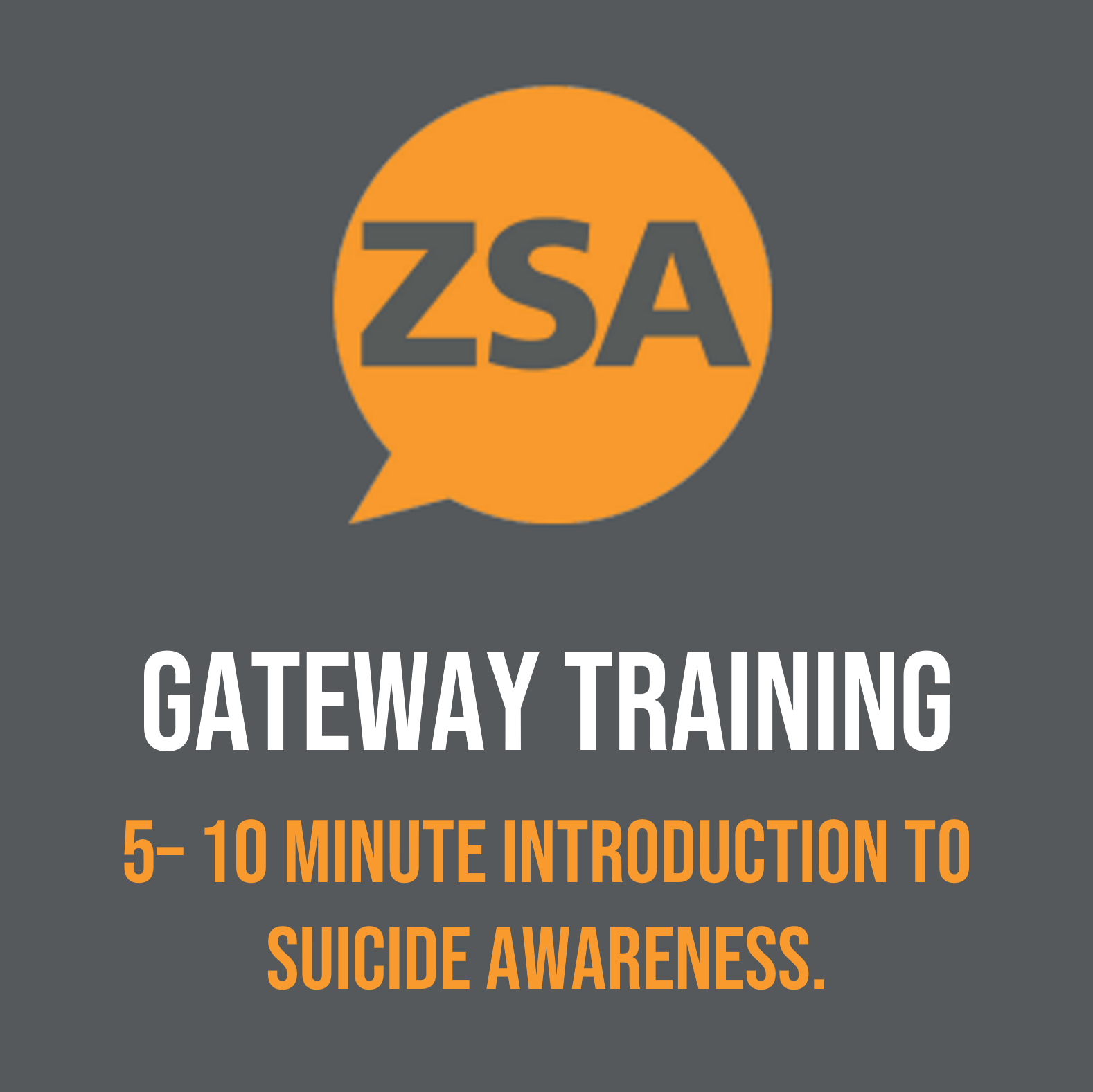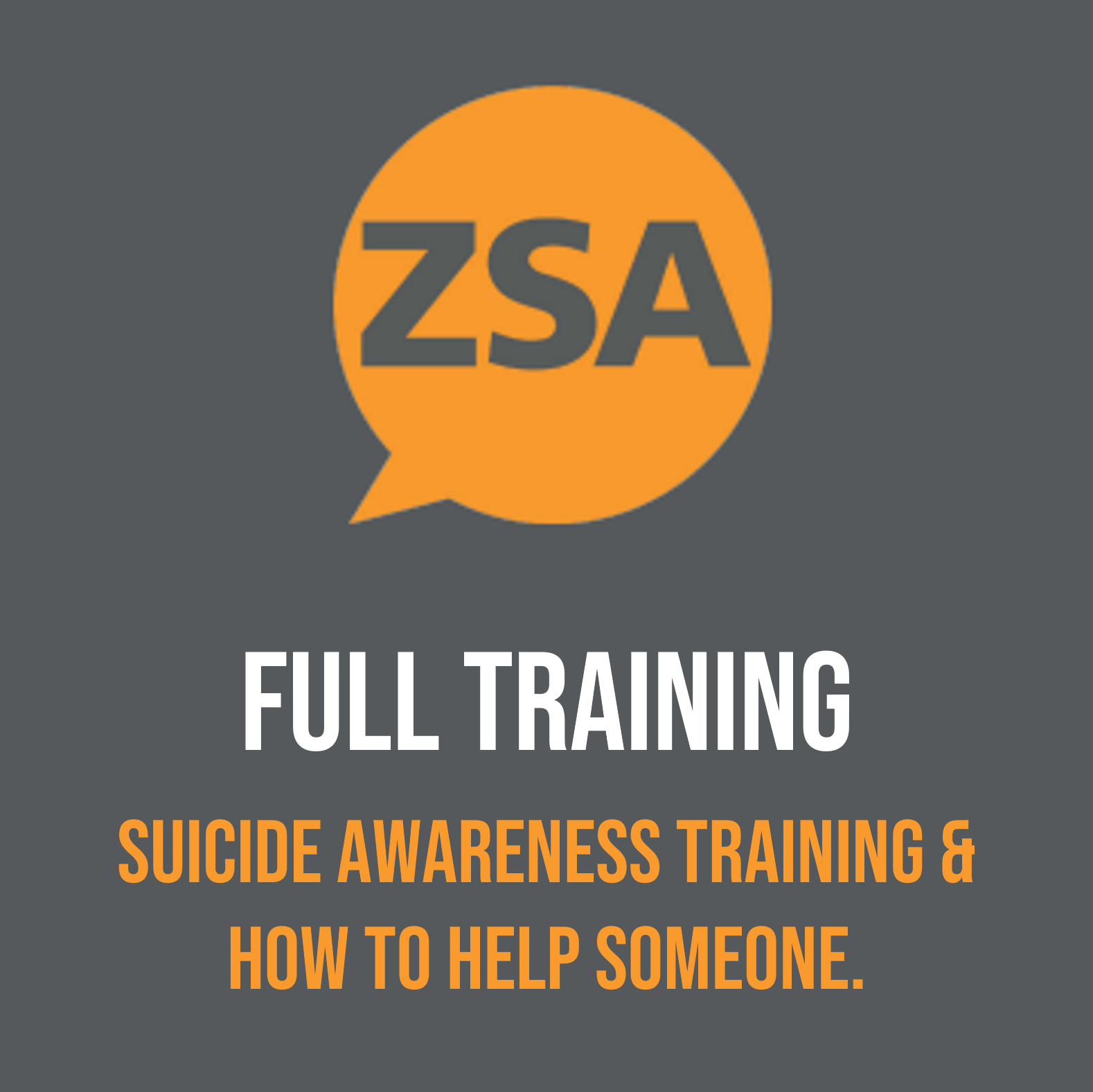Understanding Suicide
Starting Conversations
We have been helping communities understand and prevent suicide for the past two decades. Our role in taking action has changed over that time, but we have always been committed to talking openly about suicide.
We want you to talk about it too!
Worried about suicide?
If you're thinking about suicide please talk. You don't have to face these thoughts and feelings alone.
Talk to a friend, a family member, or someone you trust such as a neighbour, colleague or teacher.
You can also speak to your GP, call NHS 111 or Samaritans 116 123. There is no shame in asking for help.
If you're at immediate risk of harm call 999.
What about suicide awareness training?
You may remember when the RCC provided suicide awareness training. Sadly we no longer offer this service.
Instead we are happy to signpost you to the Zero Suicide Alliance. Our friends at ZSA offer a package of suicide awareness and mental health training. Details of all their training is on the ZSA website.
To save you searching, direct links to two of their free training sessions are below.
What is suicide?
Suicide is the word used to describe the act of intentionally ending your own life.
Sometimes suicidal thoughts can be vague feelings of no longer wanting to live or that the world would be a better place without you. They can also be intense and focused on methods or plans to end your life. Other ways you might feel include:
-
Hopeless
-
Upset
-
Overwhelmed
-
Useless
-
Unwanted
-
Desperate
-
Cut off
-
Numb
-
Fascinated by death.
If you experience suicidal thoughts it can be very scary and confusing. You are not alone. A lot more of us that you realise have these feelings at some point in our life.
The most important thing to remember is that suicidal feelings are not permanent. By talking to someone you will find the support and motivation you need to live a happy life.
In the video below produced by Mind , Alicia, Lee, Graham and Miriam talk about what it's like coping with suicidal feelings and how they've learned to manage.
What are the warning signs?
It may not always be obvious that someone is thinking about suicide. Warning signs include:
Changes in:
-
Behaviour
-
Threatening to hurt of kill themselves
-
Appearing more tearful
-
Finding everyday tasks and routine difficult
-
Isolating themselves from those around them
-
Reckless behaviour such as drug or alcohol use
-
Neglect of personal appearance
-
Giving away possessions or getting affairs in order (making a will)
Talking or writing about:
-
Death, dying or suicide
-
Feeling hopeless
-
Feeling trapped, saying they can't see a way out of their current situation
-
Saying goodbye – to friends and family as if it's the last time they'll see them
Mood:
-
Making a plan of how they would kill themselves
-
Not thinking about the future such as planning ahead or getting exciting about upcoming events
-
Mood swings
-
Depression
-
Anxiety
-
Loss of interest in most things, including those they would normally enjoy doing

